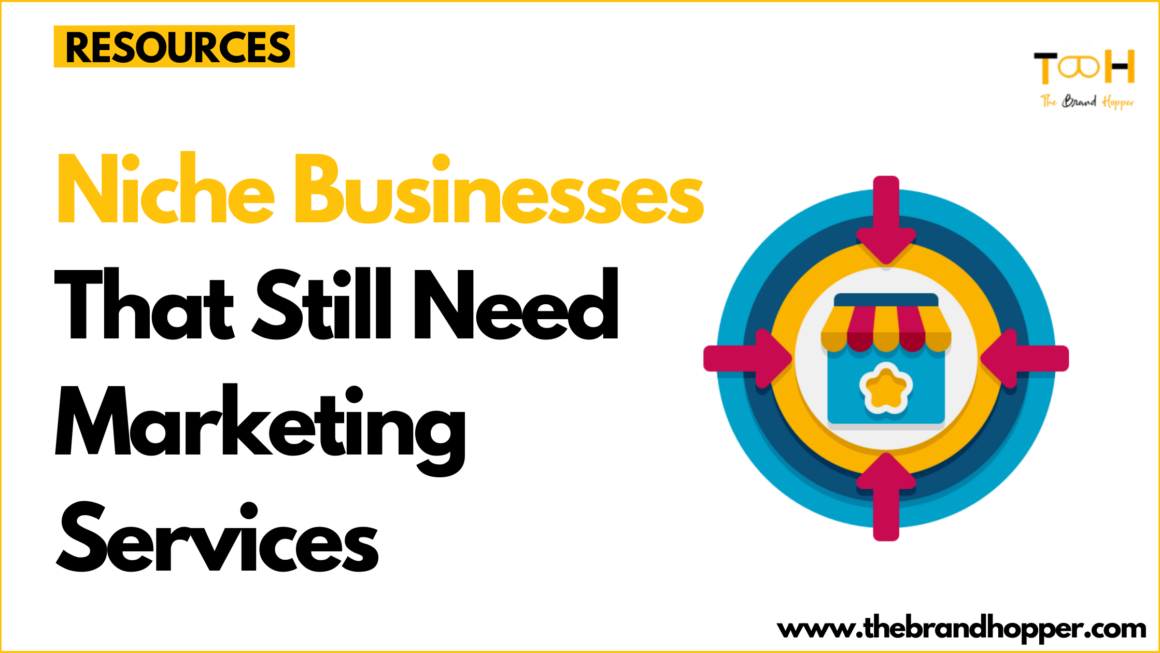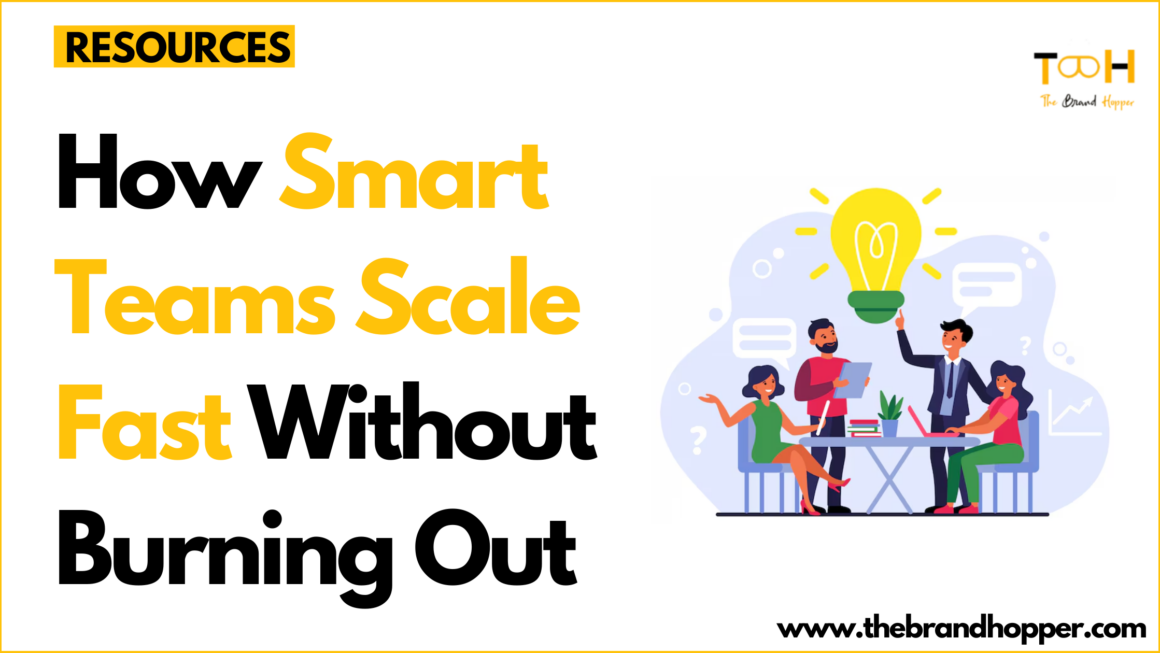Work-life balance is often discussed but rarely achieved. Regardless of the industry (whether it’s legal, healthcare, construction, retail, or tech), long hours and endless responsibilities can make it difficult to maintain a low-stress career. The rise of remote work has further blurred the boundaries between professional and personal life, making it even harder to disconnect.
The good news is that with the right technology, intentional breaks, and clear boundaries, it’s possible to create a more efficient and flexible work environment. Of course, different industries come with unique challenges, and what works in a corporate setting may not be ideal for healthcare professionals or legal experts.
But balance isn’t out of reach! In this article, we’ll explore practical strategies for professionals across industries to build healthier, more productive careers.
The Power of Scheduled Breaks in High-Stress Jobs
In industries where long shifts and tight deadlines are the norm, scheduled breaks can make a huge difference in reducing stress and improving productivity. However, not all breaks are the same—different professions require different approaches.
- Healthcare & Emergency Services: Short, frequent breaks between patient visits or emergency calls can help doctors, nurses, and paramedics stay focused without feeling overwhelmed.
- Retail & Hospitality: Shift workers should be encouraged to take their legally mandated breaks, as consistent rest improves customer service and reduces errors.
- Office Jobs: The Pomodoro technique (working in 25-minute focused sessions followed by a 5-minute break) is a proven method to boost efficiency while preventing burnout.
In addition to scheduled breaks, creating calming environments such as designated break rooms or outdoor areas can help employees recharge and return to work refreshed.
Complementing these efforts, an employee scheduling solution like Agendrix, can provide structure and predictability, helping staff feel supported and reducing stress from last-minute changes or miscommunications. By ensuring workloads are balanced and break times are honored, such tools contribute to a healthier, more sustainable workday
It’s also worth noting that taking regular breaks isn’t a sign of slacking—it’s an essential part of maintaining high performance and avoiding fatigue in demanding jobs.
Leveraging Technology for Smarter Workflows
Technology helps professionals work more efficiently by automating repetitive tasks and improving organization. Instead of spending hours on paperwork and manual tracking, digital tools make processes faster and more accurate.
For example, in the legal field specializing in veterans affairs, attorneys handle multiple cases, client records, and court deadlines. Without proper systems, managing these tasks can become overwhelming. Case management software helps law firms centralize documents, track case progress, and make timely submissions.
By integrating VA legal practice management tools, legal professionals can streamline operations, reduce errors, and improve client service. These tools offer secure document storage, automated reminders, and easy collaboration features, allowing lawyers to focus on case strategy rather than administrative work. The technology ensures smoother workflows and better time management.
Physical and Mental Well-Being- A Career Priority
Regardless of the industry, physical and mental well-being is non-negotiable. A healthy workforce is more productive, engaged, and less likely to experience burnout. Yet, many professionals neglect their well-being due to demanding schedules and workplace pressures.
Long hours, high stress, and lack of rest can lead to serious health issues. Physical strain from repetitive tasks, prolonged screen time, or physically demanding labor takes a toll. Mental stress from deadlines, client expectations, or emergency situations adds to the challenge.
Organizations must embrace wellness programs tailored to their industry, offering support that goes beyond traditional benefits. Initiatives such as mindfulness workshops, financial wellness education, or fitness incentives can empower employees to prioritize their health without guilt.
It’s important that businesses take an active role in supporting employee health. Providing ergonomic workspaces, mental health resources, resources to upskill, and encouragement for breaks can make a big difference. Employees should also set personal wellness routines, ensuring they stay energized, focused, and ready to perform at their best.
Pro Tip: The demand for flexibility in work arrangements to manage personal responsibilities without sacrificing career growth.
Industry-Specific Boundaries to Prevent Overwork
Every industry has different demands, and without clear boundaries, work can easily take over personal time. Setting limits ensures employees remain productive without burning out.
For example, in corporate environments, remote work and constant connectivity often lead to long working hours without pay. Without proper guidelines, employees may feel pressured to respond to emails late at night or work beyond set hours. You can prevent this by establishing a “no after-hours communication” rule and using scheduling tools to separate work from personal time.
In healthcare, on-call shifts and emergency duties make it difficult for professionals to disconnect. Hospitals and clinics can manage this by rotating shifts fairly, ensuring that employees have enough downtime between work periods. Structured schedules help prevent exhaustion and maintain high-quality patient care.
By implementing tailored boundaries, businesses can create sustainable work environments that support both efficiency and well-being.
Final Thoughts: Balance is Achievable with the Right Approach
Work-life balance isn’t a one-size-fits-all concept—it looks different in every industry. However, by using technology wisely, scheduling breaks, setting clear boundaries, prioritizing well-being, and offering flexibility, businesses can create environments where you can perform your best without burning out. All in all, the future of work isn’t about working harder—it’s about working smarter.
To read more content like this, explore The Brand Hopper
Subscribe to our newsletter




